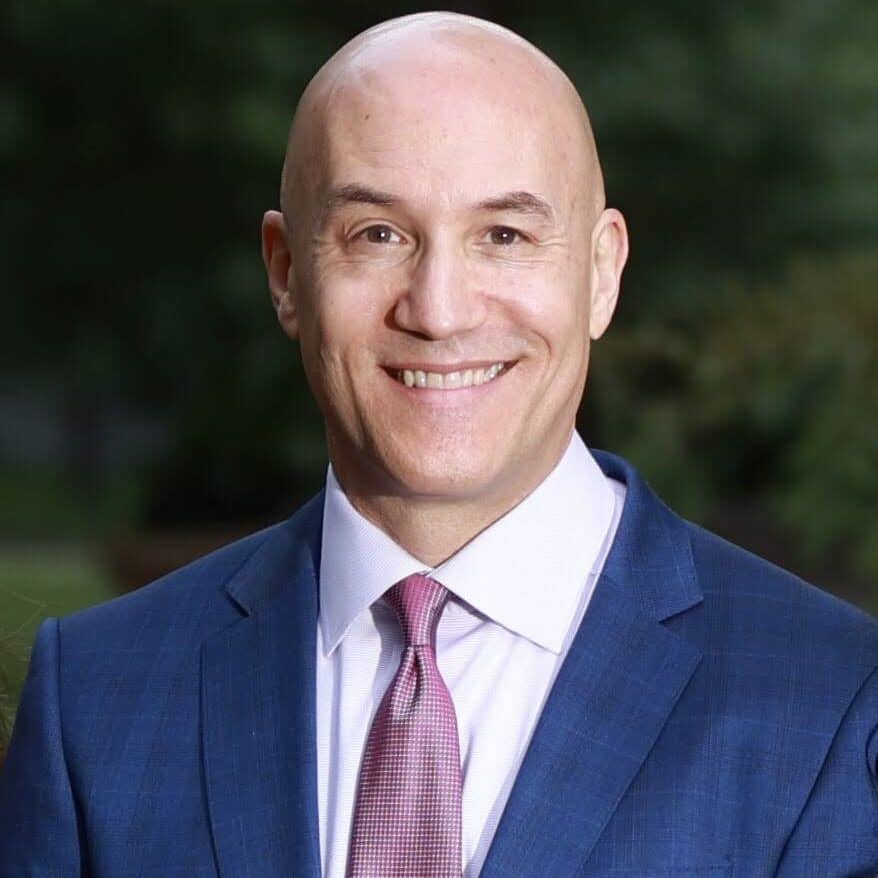Wealthtender is a trusted, independent financial directory and educational resource governed by our strict Editorial Policy, Integrity Standards, and Terms of Use. While we receive compensation from featured professionals (a natural conflict of interest), we always operate with integrity and transparency to earn your trust. Wealthtender is not a client of these providers. ➡️ Find a Local Advisor | 🎯 Find a Specialist Advisor

Ask an Advisor: Feeling Stuck with Finances? How to Stop Feeling Paralyzed by Financial Choices

If you’ve ever felt frozen when faced with a money decision—whether it’s choosing an investment, making a big purchase, or planning for retirement—you’re not alone. Research shows that our financial behavior is deeply rooted in childhood experiences, shaped by the attitudes and habits of parents and caregivers (Klontz & Klontz, Mind Over Money). These early money scripts can unconsciously drive fear, shame, or indecision in adulthood, leaving many high-achievers and hard-working professionals feeling paralyzed by financial choices.
The good news? With awareness, forgiveness, and a shift in perspective, you can reshape your money mindset and start making decisions with clarity and confidence.
Forgiveness: Releasing the Weight of the Past
One of the first steps toward breaking free from financial paralysis is self-forgiveness. Many people carry shame from past mistakes—credit card debt, missed opportunities, or risky investments gone wrong. But holding on to guilt only keeps you stuck.
Dr. Brené Brown, a leading researcher on vulnerability and shame, notes: “Shame corrodes the very part of us that believes we are capable of change.” (Brown, Daring Greatly). Forgiving yourself, as well as the caregivers who shaped your early money beliefs, creates space for growth. Remind yourself that you are human and everyone makes mistakes, and those experiences can be powerful teachers for your financial future.
Mindset Shift: From Scarcity to Growth
A major reason people feel stuck is because of what psychologists call a scarcity mindset. If you grew up in an environment where money was tight, you may subconsciously fear that any wrong move will send you back into financial insecurity—even if you’re now successful.
Financial psychologist Dr. Brad Klontz explains: “Money disorders are persistent, predictable, often destructive patterns of money behavior.” (Klontz, CNBC Interview). Recognizing these patterns is the first step.
Instead of focusing on fear of loss, begin practicing a growth mindset around money. Ask yourself:
- What opportunities does this decision create for my future self?
- How does this align with my long-term goals, not just short-term fears?
- Am I avoiding this choice because of past programming, or present-day reality?
By reframing money decisions as opportunities rather than threats, you gradually build confidence and reduce the anxiety that causes indecision.
Explore Your Money Relationship
To feel more empowered, take time to explore your personal relationship with money. Journaling about your earliest money memories, or working with a financial coach or therapist, can help uncover hidden beliefs that hold you back.
As Morgan Housel shares in The Psychology of Money: “Your personal experiences with money make up maybe 0.00000001% of what’s happened in the world, but maybe 80% of how you think about money.” (Housel, Harriman House). Understanding that your beliefs are subjective—not universal truths—can be liberating.
Moving Forward with Confidence
Feeling stuck with money is not about lacking intelligence or discipline—it’s about unresolved emotional patterns that keep you second-guessing yourself. The path forward requires:
- Forgiving past mistakes.
- Shifting your mindset from scarcity to growth.
- Exploring and reshaping your relationship with money.
The truth is, every one of us has the ability to build a healthy, empowered financial life. It begins with awareness, followed by intentional action.
If you’ve been feeling paralyzed by money choices, now is the time to take control. Start by reflecting on your money story, then seek support from a qualified wealth advisor who understands both the numbers and the behavioral side of money.
Don’t let old money scripts keep you from the financial freedom you deserve—rewrite your narrative, one decision at a time.
Have a Question to Ask a Financial Advisor?
When you’re uncertain about money matters, submit your question to Wealthtender, and it may be answered by a financial advisor in an upcoming article or in the Wealthtender Expert Answers Forum.
Need personalized help? Visit wealthtender.com to find the right financial advisor for your unique needs.
This article was originally published on Wealthtender and is intended for informational purposes only and should not be considered financial advice. You should consult a financial professional before making any major financial decisions. Wealthtender earns money from financial professionals, which creates a conflict of interest when these professionals are featured in articles over others. Read the Wealthtender editorial policy and terms of service to learn more. Wealthtender is not a client of these financial services providers.
About the Author

John Foligno, CMC® | Grand Life Financial
Wealthtender is a trusted, independent financial directory and educational resource governed by our strict Editorial Policy, Integrity Standards, and Terms of Use. While we receive compensation from featured professionals (a natural conflict of interest), we always operate with integrity and transparency to earn your trust. Wealthtender is not a client of these providers. ➡️ Find a Local Advisor | 🎯 Find a Specialist Advisor

